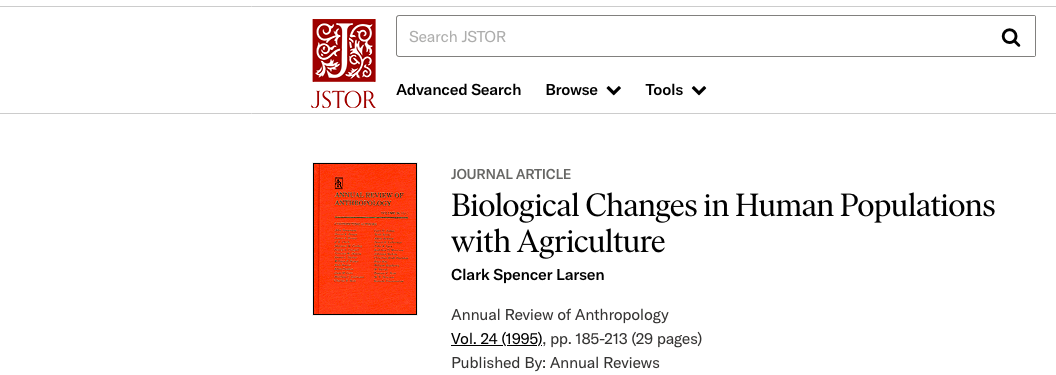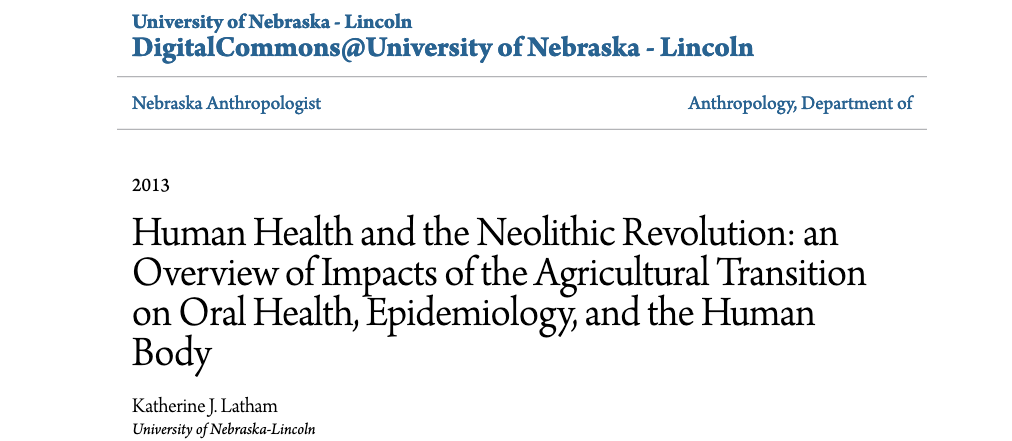Our ancestors’ average lifespan was short, because of the risk of infectious disease. Infant mortality used to be atrocious until around a century ago. Those that avoided that risk generally lived to ages that would still be considered respectable today. It wasn’t very long ago, in evolutionary terms, when an infected cut was a mortal danger, and to develop a fever was to be at death’s door.
In fact, I am old enough to remember when most of the diseases that are now preventable with a vaccine, or easily treated with an antibiotic, were routine risks of childhood and often carried with them permanent effects (one of my grandfathers was crippled by polio, and one of my grandmothers died early of heart complications resulting from contracting rheumatic fever in childhood). And those diseases were bad enough in childhood; they could be fatal if you didn’t contract them until adulthood. A friend of my mother’s made the mistake of nursing her unvaccinated grandchildren when they came down with whooping cough. She mistakenly believed she had had the disease in childhood—but she had not, and had never been vaccinated for it—so she contracted it herself, and very nearly died. It was touch and go there, for a while, though she eventually did recover.



